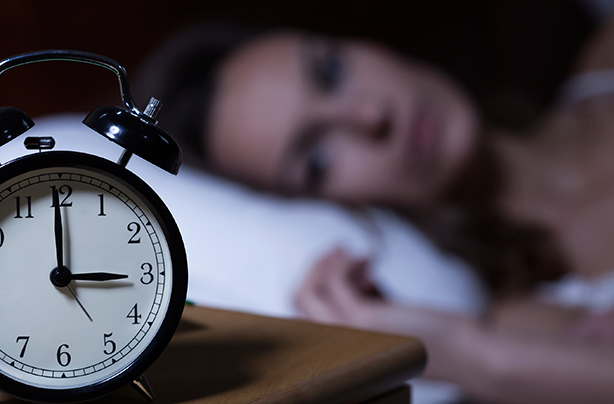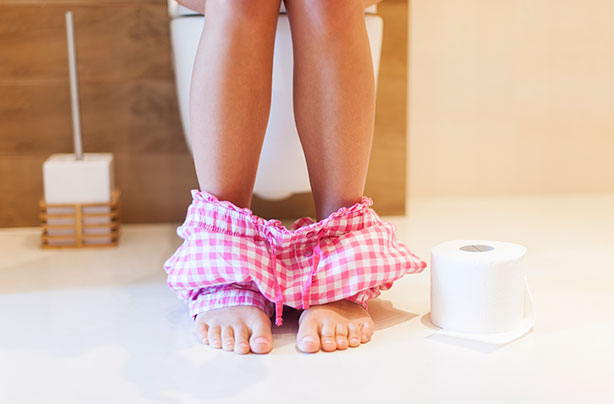Nocturia: Everything you need to know about excessive urination
Do you need to get up in the night to wee?


If you often have to get up in the night with the need to go to the bathroom then it could be more than just drinking a little too much before bed. Yep, we're talking about nocturia.
This condition affects both men and women (and can even affect children) and is more common than you might think. However, it is worth noting that nocturia is a symptom of something else not a diagnosis in itself. In other words, it can be caused by other health problems so should be investigated if you think you have it.
Nocturia is most commonly described as needing to pass urine more than once in the night. If you think this might be you then here's everything you need to know about nocturia (or in other words excessive urination at night).
Nocturia symptoms:
You'll probably be quite clear on the symptoms already if you suspect you have nocturia but the things to look out for are:
- Waking up in the night needing to wee
- Needing to wee excessively during the day, too
- Urinary incontinence or leakage
- An urgent need to wee all of a sudden
- An intermittent stream when urinating
What causes nocturia?
There can be lots of things that affect whether or not you'll have to wee excessively in the night. Some of these are:
- Problems with not taking enough fluids
- Neurological diseases that affect bladder control
- Urinary tract problems
- Diabetes
Nocturia treatments

The NHS list two suggestions for medication for nocturia.
The first is called desmopression and may help reduce the amount of urine your kidneys produce, so helping to alleviate the need to go to the bathroom so often.
GoodtoKnow Newsletter
Parenting advice, hot topics, best buys and family finance tips delivered straight to your inbox.
Loop diuretic is the second medication recommended. This needs to be taken in the late afternoon some time before you go to bed so that it has time to work. The NHS states, 'Diuretic medicine increases the production and flow of urine from your body. By removing excess fluid from your body in the afternoon, it may improve symptoms at night.'
Depending on the cause of your nocturia there may also be other non-medical way to improve your symptoms. Some of these are:
- To do regular pelvic floor exercises (for women)
- Bladder training
- Reducing caffeine intake
- Changing how much you drink during the day (both too much and too little can make things worse
- loosing weight if you are overweight
If you think you might suffer from nocturia then it's best to see your doctor as soon as possible. Nocturia can be a sign of other health problems, like diabetes, so it's good to get your doctor to give you a diagnosis as soon as possible to you can work out treatment.

Rosie is an experienced food and drinks journalist who has spent over a decade writing about restaurants, cookery, and foodie products. Previously Content Editor at Goodto.com and Digital Food Editor on Woman&Home, Rosie is well used to covering everything from food news through to taste tests. Now, as well as heading up the team at SquareMeal - the UK's leading guide to restaurants and bars - she also runs a wedding floristry business in Scotland called Lavender and Rose.